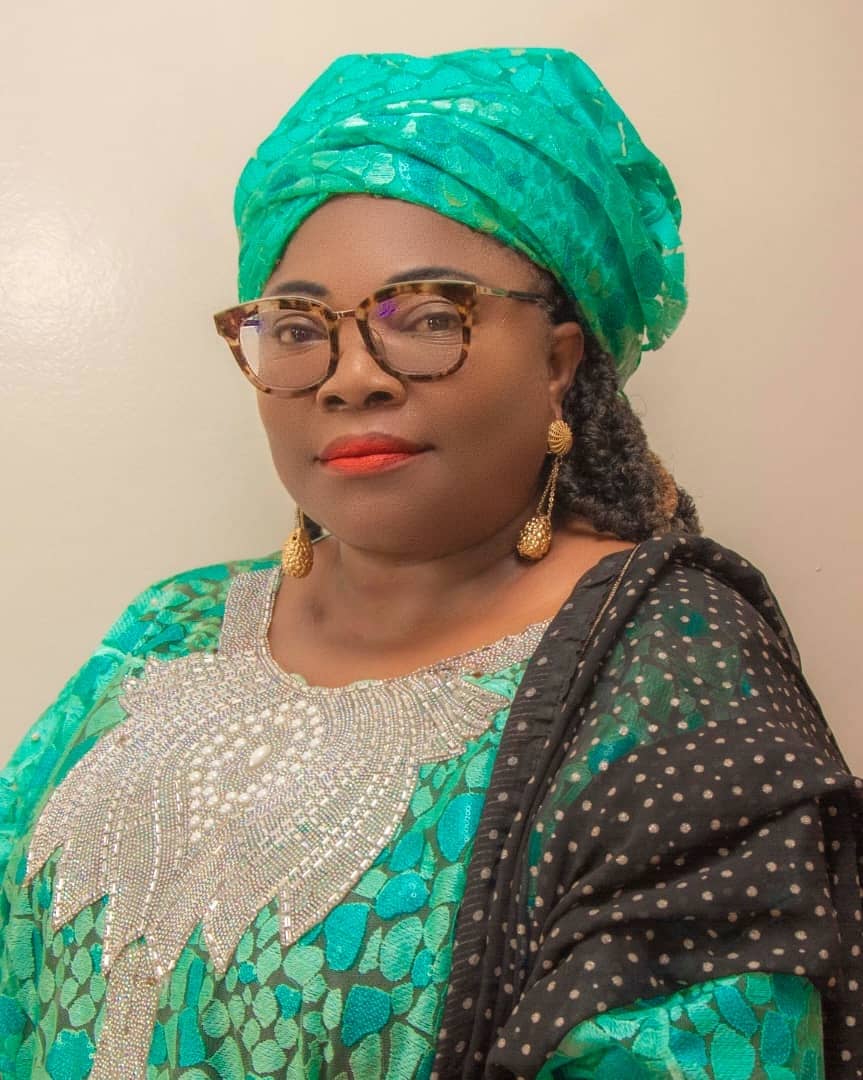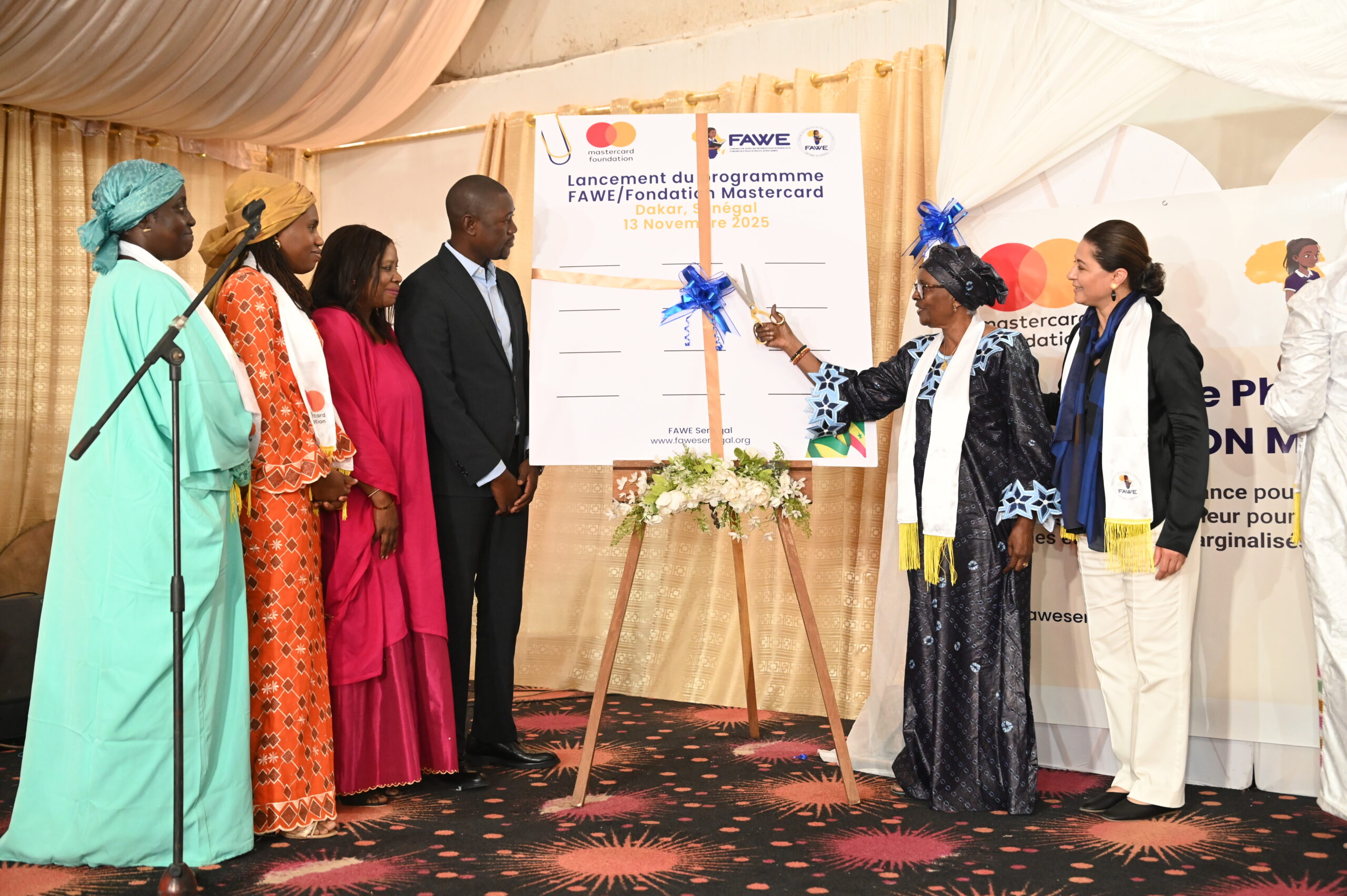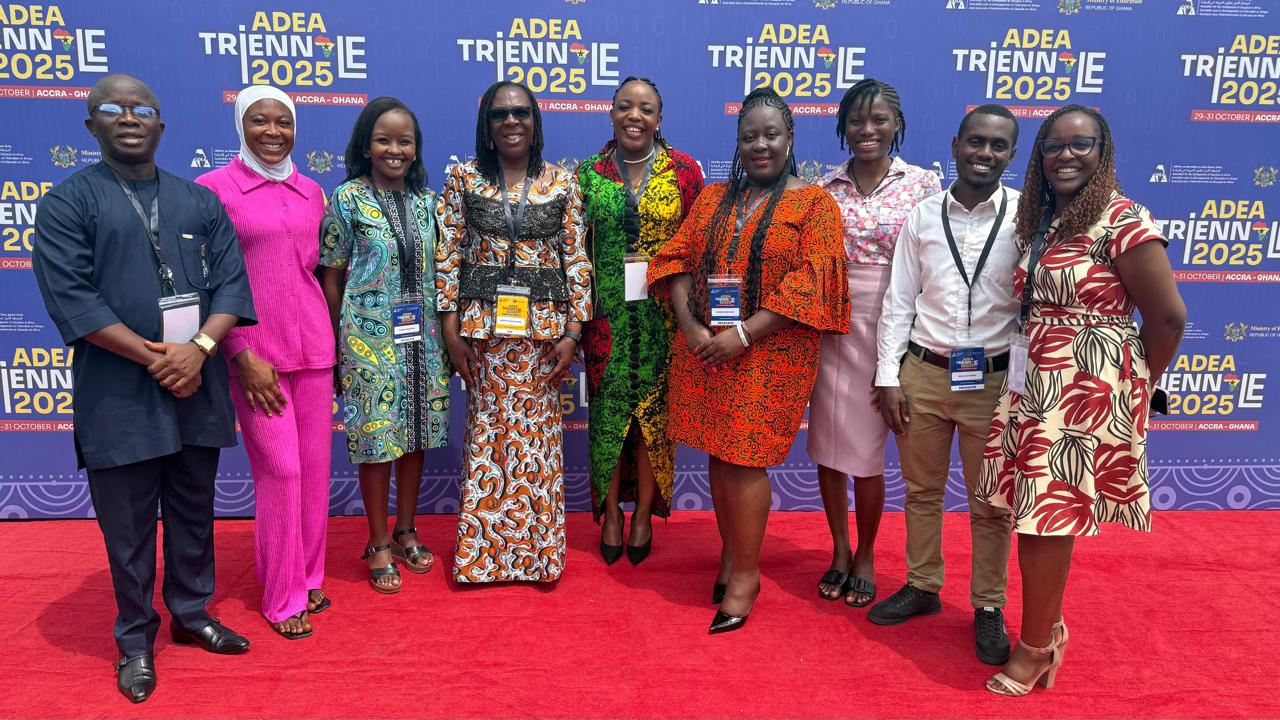By the Forum for African Women Educationalists (FAWE)
Africa stands at a pivotal moment in higher education. With over 60% of its population under 25, the continent holds the world’s youngest demographic. By 2050, one in three young people globally will be African (UNESCO, 2023) . This “youth bulge” offers immense potential, but it also presents challenges: underfunded universities, inequitable access, and curricula that often fall short of labour market needs.
At this crossroads, leaders with both vision and integrity are essential. Few embody this more than H.E. Professor Sarah Anyang Agbor, recently appointed Inspector of Services No. 2 at the Ministry of Higher Education in Cameroon and serving as Vice Chair of the Forum for African Women Educationalists (FAWE) Africa. Her dual role positions her not only as a guardian of accountability at home but also as a continental advocate for gender equity and inclusive education.
A Humble Mandate, A Bold Mission
Professor Agbor describes her appointment with “profound humility and gratitude,” seeing it as both recognition and responsibility. As Inspector of Services No. 2, she is tasked with financial governance — ensuring that every franc allocated to higher education is managed transparently and effectively.
“Sound financial governance,” she notes, “is the foundation for trust and sustainability in higher education.” For her, good governance is not abstract policy; it is the lifeblood of universities that must serve students, researchers, and communities with integrity.
From Bamenda to the African Union: A Pan-African Trajectory
Her career journey has uniquely prepared her for this moment. In Cameroon, she served as Deputy Vice Chancellor at the University of Bamenda, building bridges between academia and industry. At the Ministry of Higher Education, she honed expertise as Inspector of Academic Affairs.
Her influence then expanded continent-wide as African Union Commissioner for Education, Science, Technology, and Innovation (2017–2021). There, she championed youth empowerment, digital adoption, and research investment under Agenda 2063, Africa’s development blueprint.
These roles, she says, gave her a “unique mix of academic, administrative, and continental leadership experiences” — tools she now wields to strengthen Cameroon’s higher education governance.
Tackling Africa’s Shared Challenges
The challenges Cameroon faces echo those across Africa:
• Financial constraints and mismanagement that erode impact.
• Equity gaps that exclude rural, marginalized, and conflict-affected students.
• Infrastructure and digital divides highlighted by the COVID-19 pandemic.
• Curricula misalignment with fast-changing job markets.
According to the World Bank (2022), tertiary enrolment in Sub-Saharan Africa stands at just 9%, compared to a global average of 38%. This underlines both the urgency and scale of reform .
Professor Agbor’s immediate priorities are clear: strengthen accountability, promote quality assurance, champion gender responsiveness, and drive innovation. She frames these with an African proverb: “A bird will always return to the tree where it was well fed.” If institutions are well-governed and resourced, she argues, students will thrive in Cameroon rather than seeking opportunities abroad.
Women at the Heart of Transformation
As Vice Chair of FAWE, Professor Agbor’s mandate resonates deeply with her lifelong advocacy for girls’ and women’s education. She emphasizes mentorship, scholarships, and gender-responsive reforms. “If you educate a man, you educate an individual. If you educate a woman, you educate a nation,” she says, echoing another African proverb.
Her role in FAWE complements her governmental mandate: while she enforces accountability within higher education systems, she also pushes to ensure those systems are inclusive, opening doors for young women to lead. This synergy reflects a Pan-African approach where governance and advocacy reinforce one another.
Lessons in Leadership
Reflecting on her career, Professor Agbor distills three guiding principles:
• Collaboration — sustainable reforms require mobilizing diverse stakeholders.
• Evidence-based leadership — policies must be grounded in data and research.
• Resilience — adaptability is essential in the face of shifting challenges.
These are lessons drawn from her tenure at the AU and FAWE, where she learned to balance vision with pragmatism, and advocacy with delivery.
A Call to Africa’s Youth
Ultimately, her vision extends beyond systems to people. She sees African universities as hubs of excellence in research, entrepreneurship, and social responsibility. To young Africans, she offers this message:
“Leadership is not about position; it is about purpose. Use education as your foundation, integrity as your guide, and Africa as your inspiration. Wisdom does not come overnight, but those who persevere shall see its fruits.”
It is a call not only to embrace resilience but to see education as a tool of service — a way to shape communities and the continent at large.
Aligning Governance with Advocacy
Professor Sarah Anyang Agbor’s dual role — as Inspector of Services in Cameroon’s Ministry of Higher Education and Vice Chair of FAWE — positions her at the nexus of governance and advocacy. She embodies the conviction that higher education must not only produce knowledge but demonstrate integrity, inclusion, and innovation.
In an era when Africa’s higher education systems are under pressure to deliver more with fewer resources, her leadership offers a model of purpose-driven service. With integrity in governance and equity in access, the continent’s universities can indeed become engines of transformation.
As Africa’s young population surges, leaders like Professor Agbor remind us that the continent’s future will be secured not just in lecture halls, but in the values of accountability, resilience, and vision that underpin them.




Leave A Comment